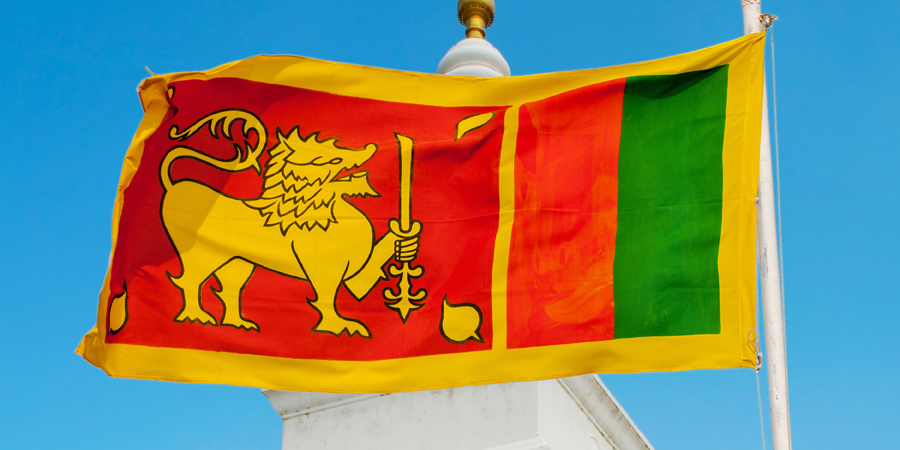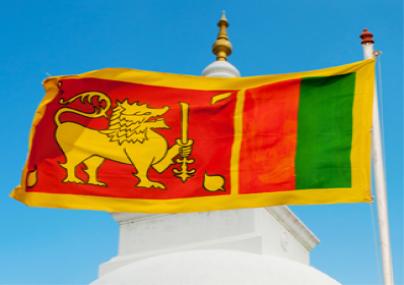
A state of unrest remains in Sri Lanka, as mass protests continue following severe inflation, daily blackouts of 10 to 13 hours, and shortages of fuel and many essential items. With immense foreign debts and forex reserves almost depleted, the South Asian island nation is on the verge of bankruptcy. In April, Sri Lankan officials said the country will temporarily default on its foreign debts as it faces its worst economic crisis in more than 70 years, according to the BBC. Businesses have closed, public transport has faced disruptions, and medical professionals have warned of essential-supply shortages.
Since March, Sri Lankans have responded by striking and demonstrating, holding President Gotabaya Rajapaksa and his family responsible for the crisis. Businesses too have added their voices in protest, with leaders from 23 business associations gathering in Colombo to call for an end to political instability, according to the Associated Press.
WHAT ARE SOME OF THE UNDERLYING ECONOMIC FACTORS THAT BROUGHT SRI LANKA TO THIS CRISIS POINT?
Aloka Nandasena, a partner at law firm DL&F De Saram, says the present economic crisis “is mainly attributable to economic mismanagement, both monetary and fiscal.”
Tax cuts in 2019, she says, “significantly reduced government revenue and failed to stimulate the economy as anticipated. Unsustainable monetary policy, in the form of low-interest rates, money printing and fixing of exchange rate by decree - without permitting the floating of the U.S. dollar – have further compounded the crisis.”
With Sri Lanka essentially an imports-driven economy, Nandasena says the pegged exchange rate caused a shortage of foreign exchange reserves “as foreign exchange remitters and exporters chose not to convert at the decreed rate of exchange which became significantly lower than the black-market exchange rate.”
In turn, the forex shortage resulted in the government’s “inability to settle monies due for the importation of even essentials, such as fuel medicines etc. causing severe shortages,” she adds.
FOR INVESTORS AND BUSINESSES IN THE MARKET, WHAT ARE THE IMPLICATIONS, AND WHAT CAN THEY DO TO PROTECT THEMSELVES?
Nandasena says the prevailing forex shortages, inflation and currency depreciation are major concerns for investors.
“However, as a result of the prevailing crisis, the government is now forced to implement key monetary and fiscal policies that will benefit the country immensely in the mid to long term,” she says, noting such policy changes “are likely to cause considerable difficulties in the short term.”
However, entities and sectors that earn foreign currency still remain very attractive to investors, Nandasena notes.
The country has also sought assistance from the IMF and several other bilateral and multilateral organisations. Nandasena says there is an expectation on the IMF to impose stringent terms that are likely to benefit Sri Lanka in the mid to long term.
“IMF will also provide Sri Lanka with much-needed credibility in the eyes of foreign investors and credit rating agencies,” Nandasena says.
HOW THIS SITUATION IS LIKELY TO EVOLVE?
In the meantime, in Sri Lanka, protesters are continuing to list their demands, targeting criticism at the government.
Nandasena says the road map to recovery for the country is “clear and narrow.” “Irrespective of the Government in power the path remains the same,” she says, noting there is “little choice now.”
It will be the country’s vulnerable population who are most at risk, Nandasena says.
“Unfortunately, the short-term effects might be significant particularly on the vulnerable population of Sri Lanka. Hopefully, the government will provide a safety net to protect them during these difficult times. But if we are able to push through, the present economic reforms will have far-reaching and beneficial effects on Sri Lanka as a whole, hence we are hopeful,” she adds.

